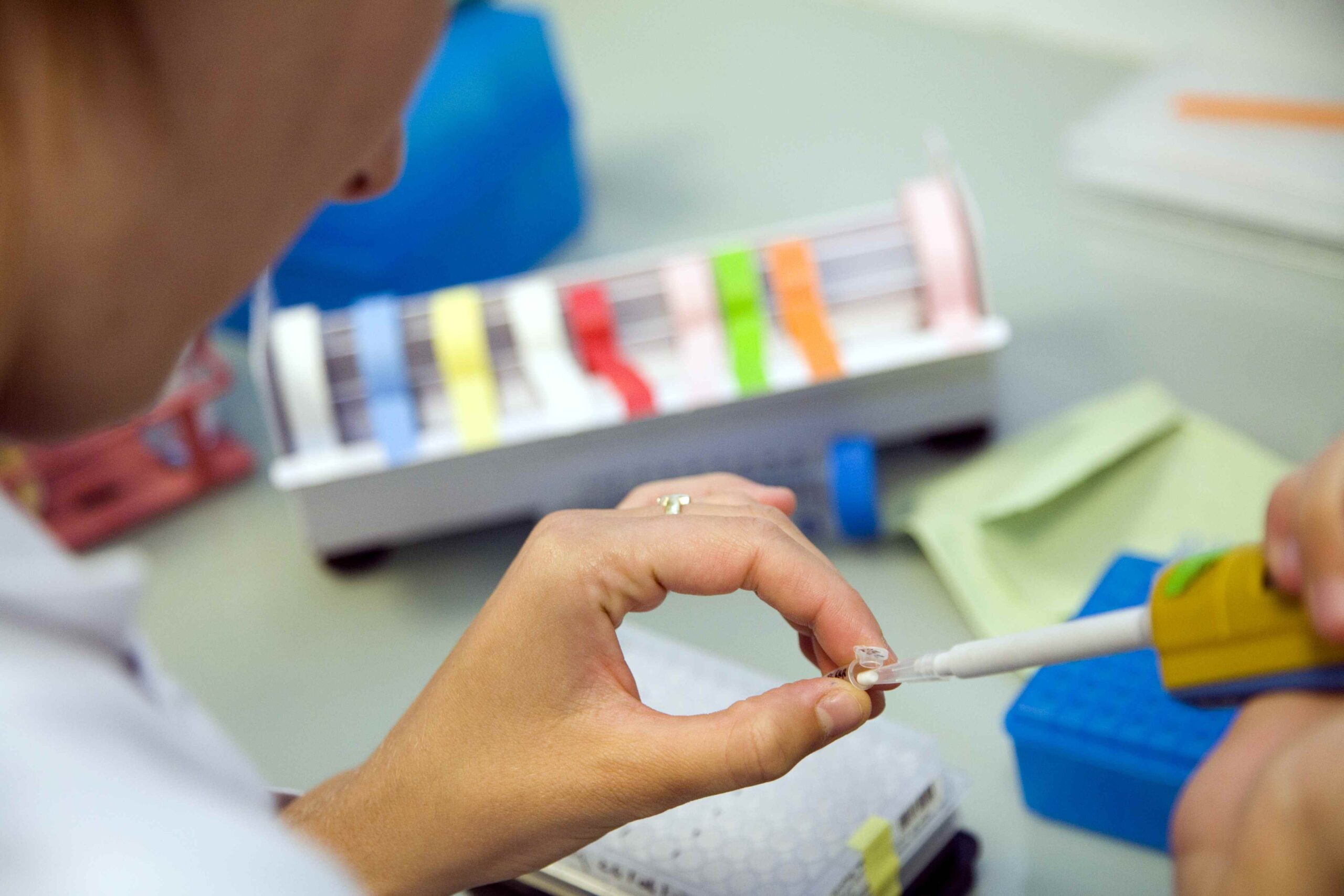ECTS
16 credits
Duration
1 year
Training structure
Faculty of Dentistry
Language(s) of instruction
French
Presentation
Application :
Please enclose with your application:
The file must include :
- a covering letter
- a CV
- a copy of the diploma of doctor of dental surgery
- copy of identity card or passport and/or visa
The completed application should be sent to (odonto-formation-permanente@umontpellier.fr)
Training benefits
Program
A CHOICE OF TWO MENTIONS
- Basic biomedical sciences
- Advanced clinical science
The compulsory courses to be completed are as follows:
UE1 : Craniofacial morphogenesis, odontogenesis and genetics of oral dysmorphoses (4 ECTS)
UE2 : Buccal Ecosystem (4 ECTS)
UE3 : Orofacial tissue engineering (4 ECTS)
UE 4 Fundamental Sciences: must be validated by choosing from the clinical UEs of another clinical CES (4 ECTS).
Admission
Admission requirements
- Hold a Diplôme de Docteur en Chirurgie Dentaire entitling them to practise dentistry in the country in which they obtained their diploma or in their country of origin.
- Candidates who have validated some of these UEs are asked to provide a certificate of achievement when registering.
Tuition fees
525 €


